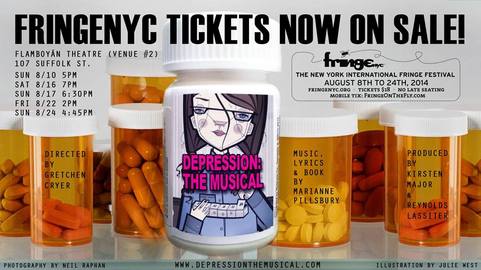The other voice tells artists who are mothers that they need to turn inwards, to remove themselves from the external world, in order to reach meditative flow-like moments of creation. This voice instructs them to reflect deeply on their experiences, and to feel their feelings--as disturbing as they may be--so that such feelings find healing and catharsis through their art. This voice reminds them that they need space, physical, cognitive, and emotional, so that they can overcome creative blocks by letting their thoughts wander freely. Artists who are mothers hear a voice that demands introspection, authenticity, ample time in the studio or at a desk; this voice demands permission for self-centeredness.
In my work with creative mothers I have seen this tension give rise to anxiety about satisfying expectations, guilt about failing to be everywhere, FOMO (fear of missing out) when comparing themselves to others' achievements, and disappointment from seeing creative goals remain unfulfilled.
It takes a lot to unravel this topic during psychotherapy session. Creative mothers and I look into the messages they've internalized about the roles that come with motherhood; we consider mothers' relationships with their own mothers or other primary caretakers; we think about psychological obstacles to prioritizing creative work, and we factor the importance of having access to helpful external resources.
These following themes, which seem to be helpful discussion points, almost always come up.
1. Children do not have to suffer from their mothers' dedication to creative work. In fact, they are likely to find positive role models in their loving parent who is valuing her worth and realizing her creative potential.
2. Mothers can ease into the idea that other caretakers (spouses, extended family, and so on) are equally important for children's upbringing, and that it's ok to embrace the "it takes a village" idea.
3. Motherhood has the potential to improve creative mothers' work. It's likely to lead to more productive and focused work sessions, it might add to the breadth and depth of emotions that get expressed during art, and allow less time for ruminating over failures and disappointments.

 RSS Feed
RSS Feed
